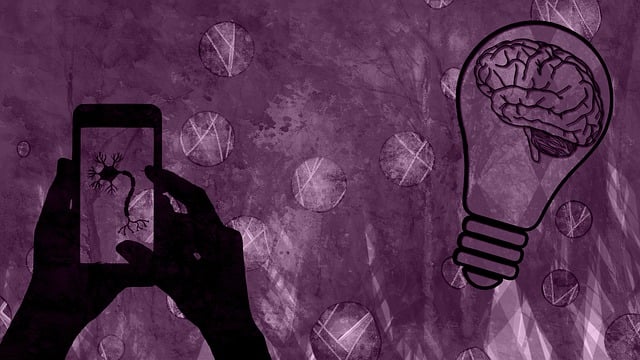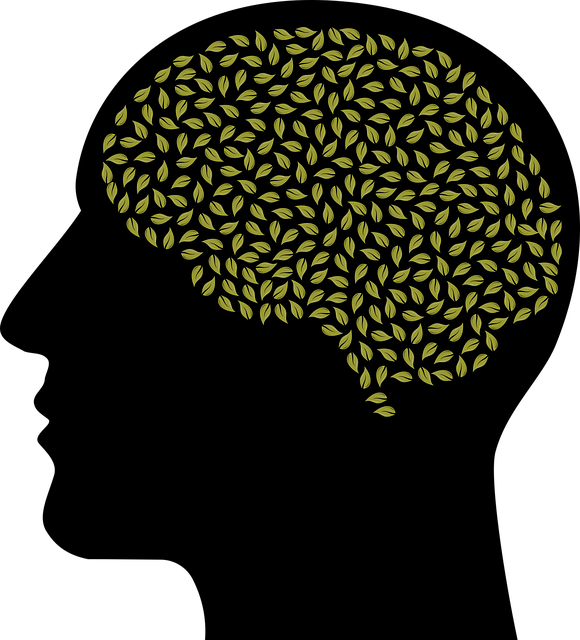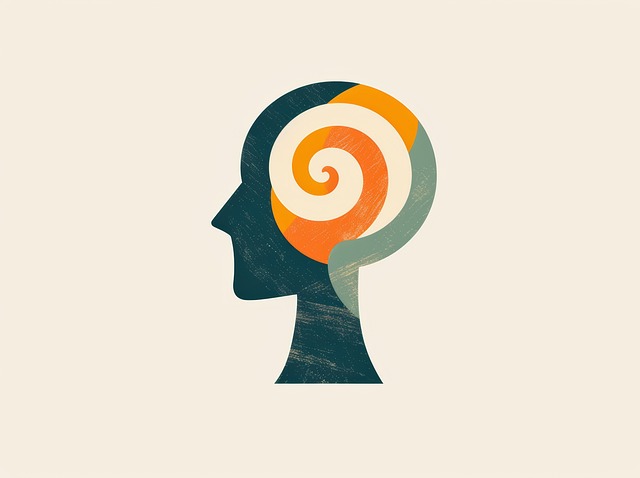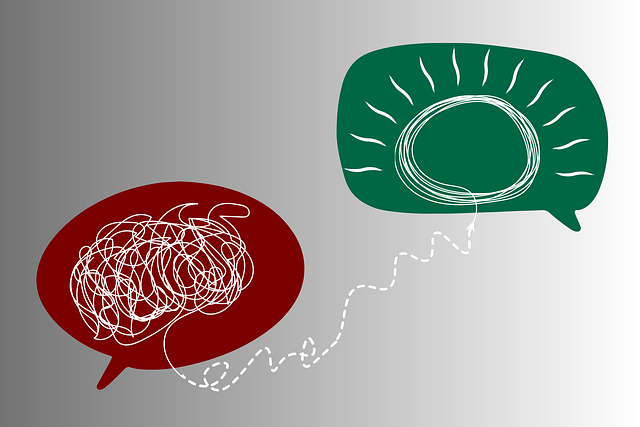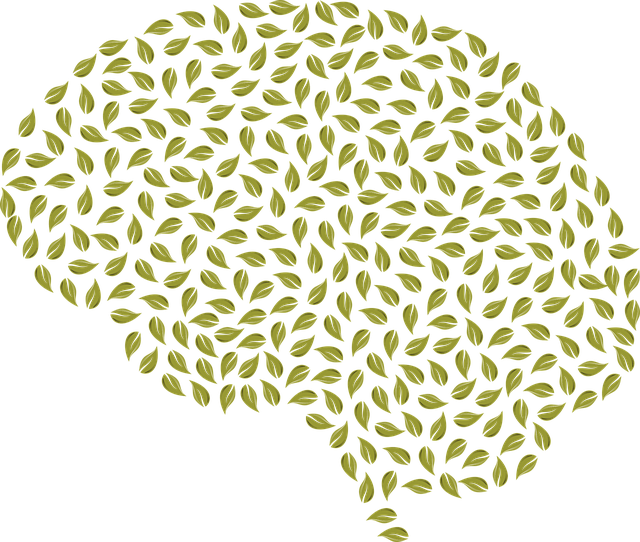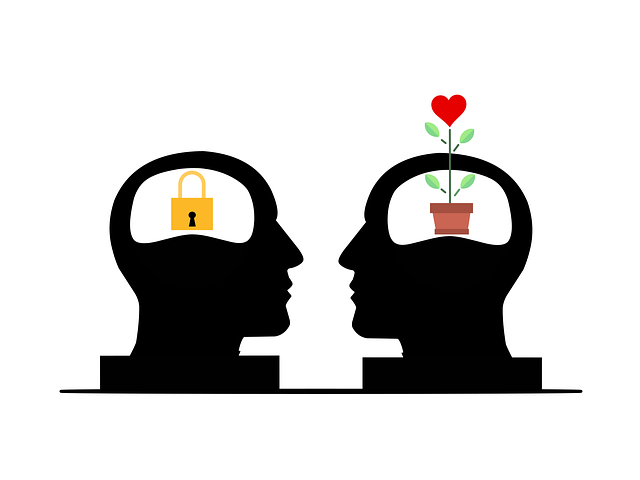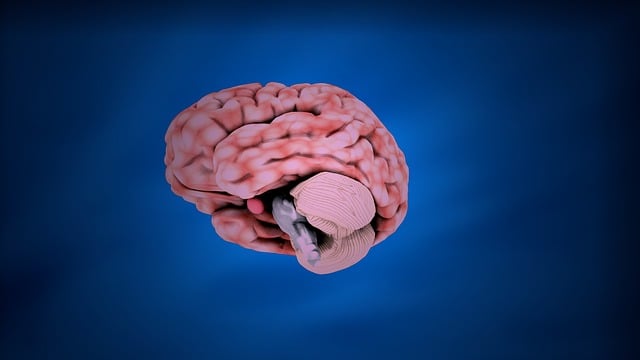Understanding and respecting cultural diversity is crucial in therapy for young children, especially in today's diverse societies. Therapists must navigate varied cultural backgrounds, recognizing unique emotional expression methods, historical trauma impacts, and traditional healing practices. While Western therapies like EMDR are common, they may not suit all children. Cultural sensitivity involves proactive learning, inclusive environments, and tailored treatment plans that honor individual identities. Incorporating cultural aspects into techniques like EMDR enhances its effectiveness, addressing trauma while respecting the child's identity. This approach facilitates meaningful healing and improved engagement for diverse young clients.
In today’s diverse society, cultural sensitivity in mental healthcare is paramount. Understanding cultural diversity shapes effective treatment plans, especially for young children. This article explores key aspects of culturally sensitive practice, focusing on EMDR (Eye Movement Desensitization and Reprocessing) as a powerful tool for therapists working with children from various backgrounds. We discuss the impact of cultural competence, present practical strategies, and emphasize the importance of tailoring therapy to meet the unique needs of each child.
- Understanding Cultural Diversity in Mental Healthcare
- The Impact of Cultural Sensitivity on Young Children's Therapy
- EMDR and Cultural Competence: A Powerful Combination
- Practical Strategies for Culturally Sensitive Practice
Understanding Cultural Diversity in Mental Healthcare

Understanding Cultural Diversity in Mental Healthcare is a cornerstone of effective therapy, particularly when treating young children. In today’s diverse societies, mental health professionals must be equipped to navigate a wide range of cultural backgrounds and belief systems. This includes recognizing that every culture has its own unique ways of expressing emotions, understanding the impact of historical trauma, and respecting traditional healing practices. For instance, while Western therapies like EMDR (Eye Movement Desensitization and Reprocessing) are widely used, they may not resonate with all children, especially those from cultures that prioritize holistic or community-based approaches to mental well-being.
Cultural sensitivity in mental healthcare practice involves proactive learning about different cultural contexts, including engaging in public awareness campaigns that promote understanding among both professionals and the general public. This knowledge is crucial for developing appropriate risk management plans for mental health professionals working with diverse populations. By integrating these perspectives, therapists can foster inclusive environments that honor individual identities, thereby enhancing therapeutic outcomes for young children from various ethnic, racial, and cultural backgrounds.
The Impact of Cultural Sensitivity on Young Children's Therapy

Cultural sensitivity plays a pivotal role in therapy for young children, ensuring that their unique background and experiences are integrated into treatment plans. When therapists approach sessions with cultural awareness, they create a safe and supportive environment tailored to each child’s needs. This is particularly crucial as it fosters open communication, allowing the therapist to understand the child’s perspective, beliefs, and potential barriers to healing.
For instance, incorporating aspects of a child’s culture into EMDR (Eye Movement Desensitization and Reprocessing) therapy can enhance its effectiveness. Customizing self-awareness exercises and stress management techniques based on cultural context not only improves public awareness campaigns but also ensures the therapy resonates with the child. By doing so, therapists promote emotional processing while respecting and preserving the child’s cultural identity, ultimately facilitating a more profound and meaningful healing process.
EMDR and Cultural Competence: A Powerful Combination

Cultural sensitivity is a cornerstone of effective mental healthcare, especially when treating young children. Eye Movement Desensitization and Reprocessing (EMDR) therapy stands out as a powerful tool that combines emotional healing processes with cultural competence. EMDR not only aids in trauma resolution but also respects and incorporates the unique cultural context of each child. This approach is particularly beneficial for diverse populations, ensuring that therapy aligns with their beliefs and values.
By integrating cultural sensitivity into EMDR sessions, mental health professionals can create a safe and supportive environment. They can tailor stress management workshops and public awareness campaigns development to address specific cultural needs, fostering better engagement and outcomes. This holistic approach promotes not just individual healing but also strengthens the bond between therapists and clients from various backgrounds.
Practical Strategies for Culturally Sensitive Practice

Incorporating cultural sensitivity into mental healthcare practice is essential for fostering effective treatment and building trust with diverse populations, especially when working with young children. Therapists can begin by educating themselves on various cultural beliefs, practices, and potential barriers to care. This knowledge allows them to create a safe and inclusive environment tailored to each child’s unique background. For example, incorporating elements from the child’s culture into therapy sessions, such as traditional storytelling or art forms, can enhance engagement and promote positive outcomes.
Practical strategies include adapting therapeutic techniques through cultural lensing, offering bilingual resources, and providing culturally relevant activities. EMDR (Eye Movement Desensitization and Reprocessing) therapy, for instance, can be enhanced by incorporating the child’s cultural context to address trauma. Additionally, integrating mental wellness themes into engaging media, like a Mental Wellness Podcast Series Production, can cater to diverse learning styles. Building confidence and social skills through specialized training also resonates with culturally diverse young clients, ensuring their needs are met in a comprehensive manner.
Cultural sensitivity is an essential aspect of mental healthcare, particularly when treating young children. As demonstrated through EMDR therapy’s effectiveness and cultural competence integration, understanding and respecting diverse cultural backgrounds can significantly impact positive outcomes. By adopting practical strategies that foster inclusivity and empathy, mental health professionals can create a supportive environment for all children, ensuring they receive the best possible care tailored to their unique needs and cultural contexts, including the exploration of EMDR as an evidence-based approach.



